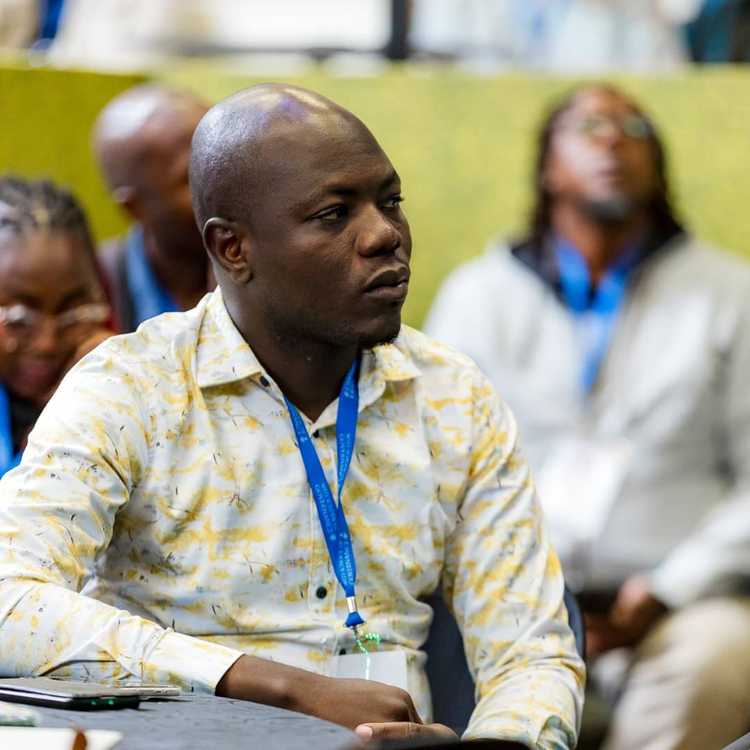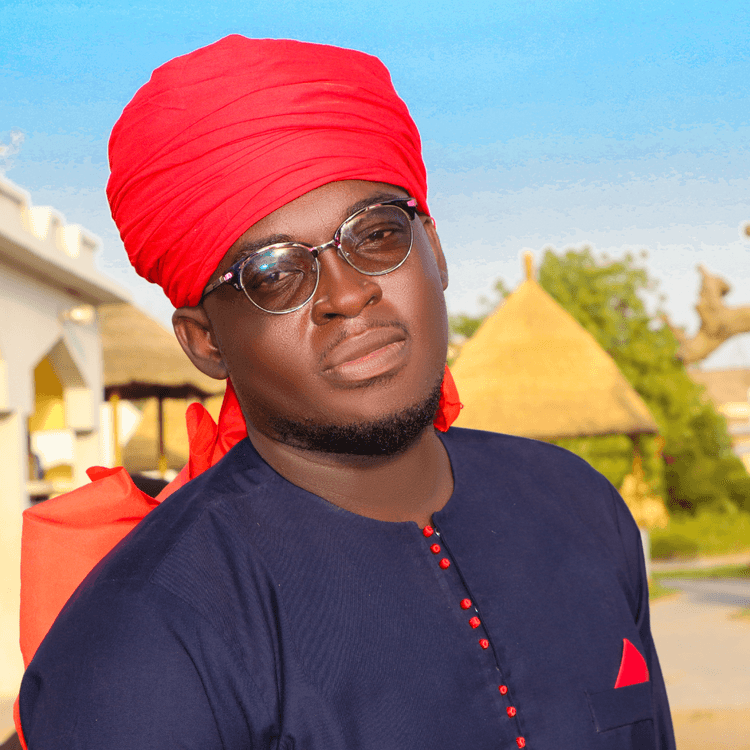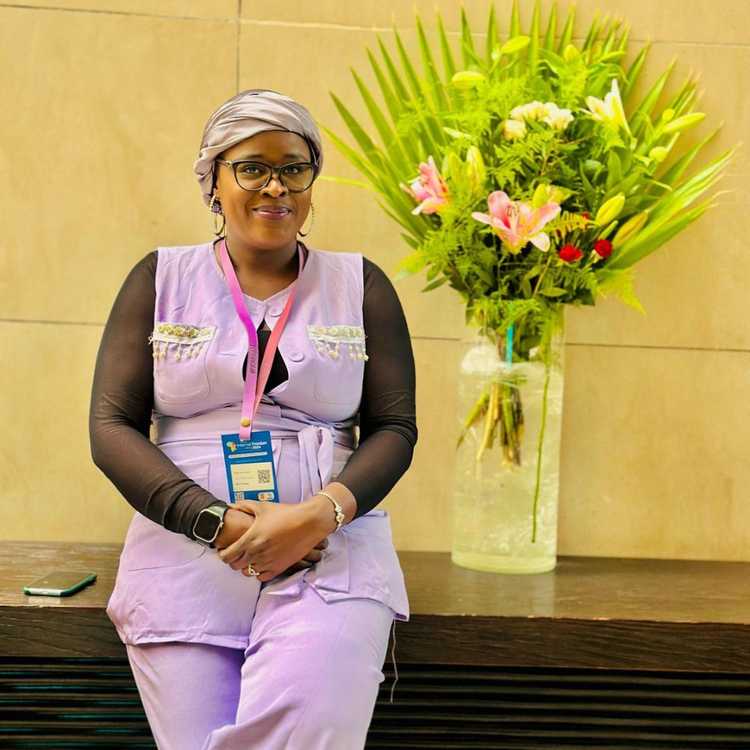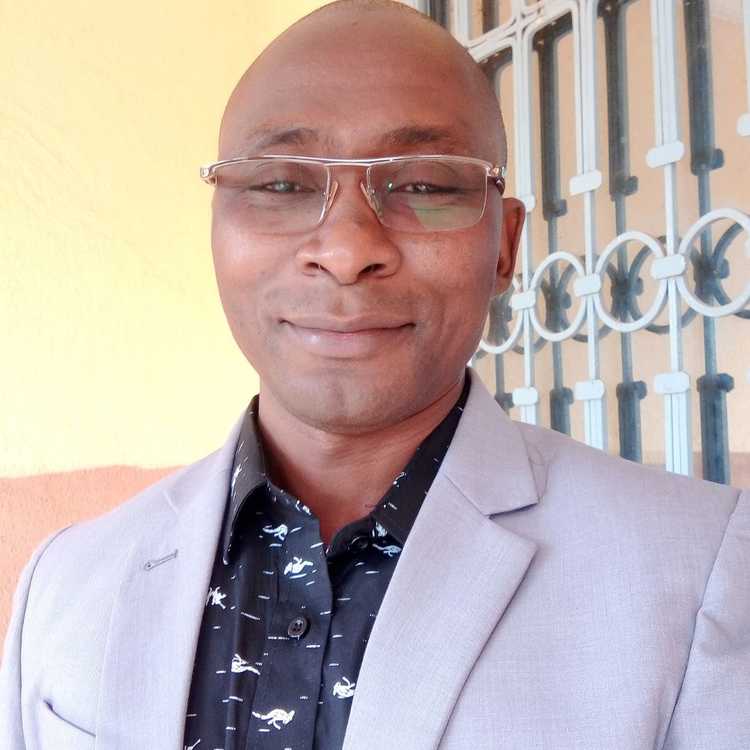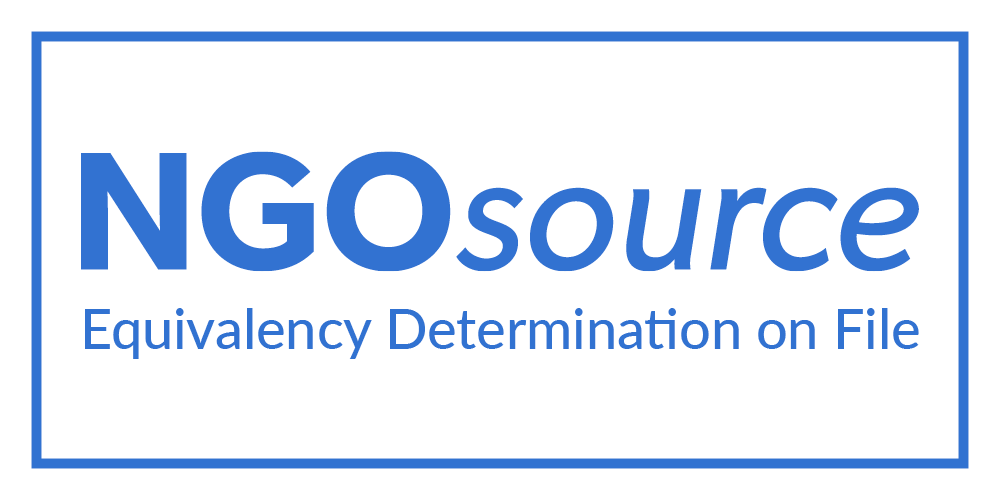Zara Issa Abdou, Nigerien advocate for an equitable, prosperous Sahel
Zara Issa Abdou, a Nigerien activist and founding member of Sahel Activistes Niger, shares her inspiring story of commitment to social justice and the fight against inequality. Driven by a deep desire for change, she has transformed her early grassroots actions into a structured movement thanks to key training courses, notably those of AfricTivistes. She is also the regional coordinator of the Ligue Sahélienne contre les Inégalités, a network of actors in the Sahel who campaign for equality in the Sahel, where women and men ‘have equal access to quality basic social services’.
Between advocacy, community awareness-raising and concrete action on the ground, Zara Issa Abdou highlights the importance of citizen awareness, while painting a realistic picture of the challenges facing the Sahel: insecurity, internal displacement and limited access to basic services. Driven by optimism, she shares her successes, such as the mobilisation for education and ecological initiatives, and calls on the youth of Niger and the Sahel to unite to build a prosperous, equitable and peaceful future.
AfricTivistes: Tell us what prompted you to become an activist in Niger?
Ms Abdou: Activism is something I used to do without even knowing it. I became aware of this during the ‘Sahel Insight’ training course on civic engagement organised by Africtivistes.
Could you tell us about the Sahel activists in Niger?
Ms Abdou: Sahel Activistes Niger is an organisation of young people committed to fighting inequality using digital technology. It was set up in March 2022 following a capacity-building programme organised by Africtivistes in partnership with OXFAM West Africa and Wildaf.
What was the triggering moment that motivated you to become involved in the Sahel activists’ community in Niger?
Ms Abdou: In March 2022, Africtivistes organised a capacity-building session for young people in Niger on civic engagement and digital campaigns, which I was lucky enough to attend. That’s when we decided to set up the association.
What is your main area of involvement (environment, human rights, access to basic essential services, security, etc.)?
We work in the following areas of:
- Human rights;
- Access to basic social services;
- Civic engagement and participation.
In your opinion, what are the greatest challenges facing the Sahel today?
One of the greatest challenges facing the Sahel is insecurity, which has become a scourge in recent years.
How do these challenges affect Niger specifically? How do they affect the population?
This insecurity is evident in terrorist attacks, especially in the regions of Tillabéri (south-west) and Diffa (south-east), resulting in the internal displacement of populations, community conflicts, limited access to basic social services, etc.
What types of action are you involved in on the ground to tackle these challenges?
The actions we carry out most often are advocacy, awareness-raising and capacity-building for young people.
Can you give us some specific examples?
In March 2024, we launched an online petition to say no to straw hut classes. Following this, we saw a huge mobilisation around the issue, both by the authorities in power and by a number of influencers. On 3 August 2023, Niger’s independence day, we planted trees in a public school complex in Niamey’s commune IV. In 2024, we trained 20 young people from the urban commune of Niamey on the rights and duties of citizens in order to help promote and improve knowledge and understanding of citizens’ rights and responsibilities in Niger.
What are the main difficulties you encounter in your activities?
The main difficulties we encounter are the lack of funding, the lack of official status which limits our activities, the stigmatisation of the activist profile as such and the lack of cooperation between the various parties involved…
How do you manage to mobilise communities and young people in your cause?
Mobilisation is often online using social networks, but sometimes we use our contacts, the community itself through peer mobilisation, etc.
In your opinion, what are the priority solutions for a brighter future in the Sahel?
We all need to work and act on the root causes of inequality, which are at the root of 80% of our challenges.
Looking forward, how do you foresee the future of Niger and the Sahel?
I am optimistic about the future of Niger and the Sahel. Of course, we still have challenges to overcome, but we will achieve the ideal we want! A prosperous Sahel where peace and social tranquillity reign
As Sahel activists, what is your message to the youth of Niger and the Sahel?
The time for conscience-raising was yesterday! Let’s all join forces for a prosperous, fair and equal Sahel.
Do you have a particular message to share?
A battle cannot be won alone. Young people must unite to have a greater impact.
By Ndeye Fatou Diouf, Digital Content Manager at AfricTivistes
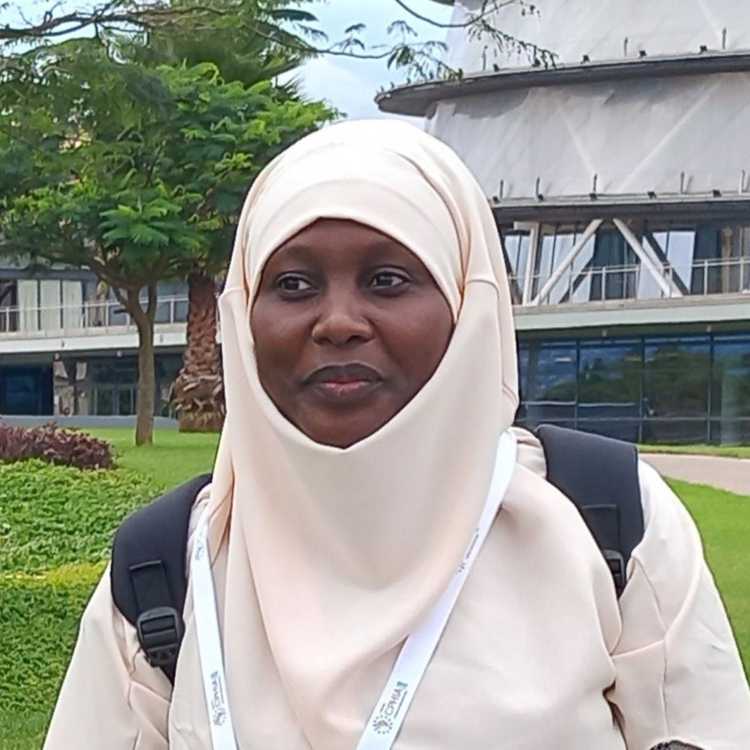





![[Gabon] AfricTivistes Sound the alarm amid Social Media suspension !](/static/1af016eb97c732e871a7c2fe79a60730/9e635/CREA-visuel-rapide-.jpg)
![[SENEGAL] AfricTivistes strongly condemns the brutal repression of students at Cheikh Anta Diop University in Dakar!](/static/29c233858b9d650cc77d87f75d4d2b56/9e635/Ucad-Senegal.jpg)



![[Guinea-Bissau]: Joint Statement from Human Rights Defenders Against the Confiscation of Popular Will !](/static/8552596543d1c00bc73e662f85c0a62f/fce2a/Capture-decran-2025-12-01-a-16.34.43.png)
![[Guinée-Bissau] Joint Declaration – Afrikajom Center and AfricTivistes both firmly condemn the military takeover and warn of the risk of a political crisis !](/static/4d5ad12346b3ef8c55278621c445488b/9e635/Putsch-Guinee-2.jpg)

![[Tanzanie] 🇹🇿 AfricTivistes strongly condemns violent suppression in Tanzania](/static/adf91a1c13cd101f988b6b6971928880/9e635/TZN.jpg)
![[Cameroon] AfricTivistes condemns violent repression, urges govt to uphold rights !](/static/6399a9d8e94e3ae1f681f86178520d96/9e635/WhatsApp-Image-2025-10-27-at-15.32.48.jpg)



![[Madagascar] Generation Z, the driving force of civic awakening!](/static/9072e289fdab44c062096dcfb9499441/9e635/4-2.jpg)

